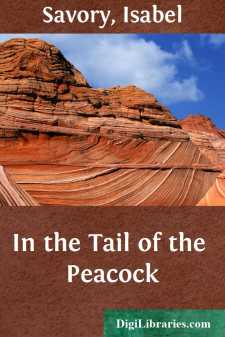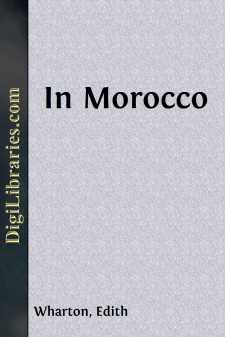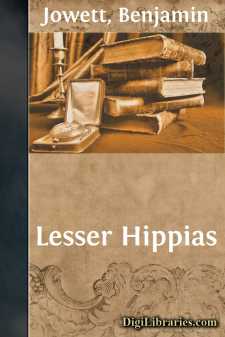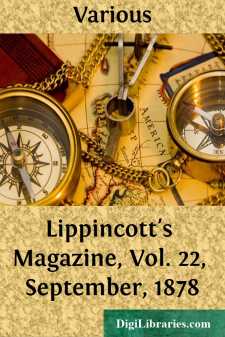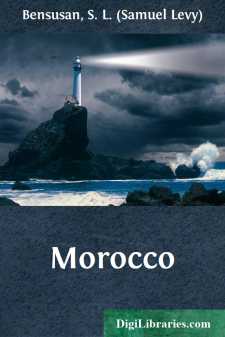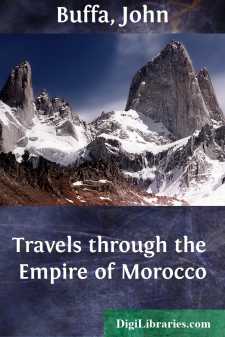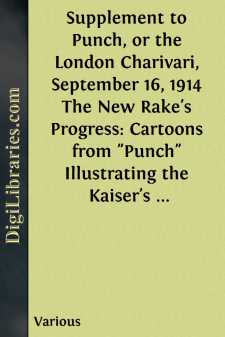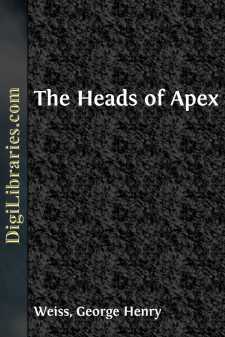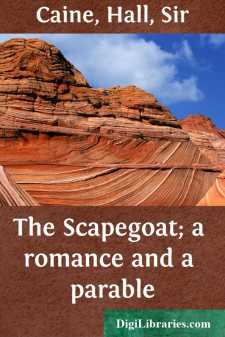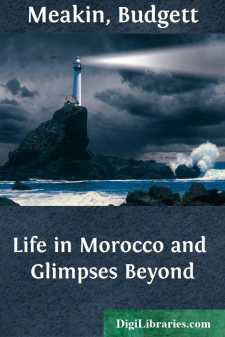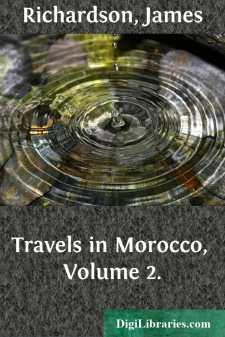Categories
- Antiques & Collectibles 13
- Architecture 36
- Art 48
- Bibles 22
- Biography & Autobiography 813
- Body, Mind & Spirit 142
- Business & Economics 28
- Children's Books 17
- Children's Fiction 14
- Computers 4
- Cooking 94
- Crafts & Hobbies 4
- Drama 346
- Education 46
- Family & Relationships 57
- Fiction 11829
- Games 19
- Gardening 17
- Health & Fitness 34
- History 1377
- House & Home 1
- Humor 147
- Juvenile Fiction 1873
- Juvenile Nonfiction 202
- Language Arts & Disciplines 88
- Law 16
- Literary Collections 686
- Literary Criticism 179
- Mathematics 13
- Medical 41
- Music 40
- Nature 179
- Non-Classifiable 1768
- Performing Arts 7
- Periodicals 1453
- Philosophy 64
- Photography 2
- Poetry 896
- Political Science 203
- Psychology 42
- Reference 154
- Religion 513
- Science 126
- Self-Help 84
- Social Science 81
- Sports & Recreation 34
- Study Aids 3
- Technology & Engineering 59
- Transportation 23
- Travel 463
- True Crime 29
In the Tail of the Peacock
by: Isabel Savory
Description:
Excerpt
CHAPTER I
The vague and hazy ideals which the white light of an English upbringing relegates to dreamland and dismisses as idle fancies, rise up in the glare of African sunlight, alive, tangible, unashamed; the things that are, not the things that might be:—the vivid colouring, the hot crowding, the stately men and veiled women, the despotism and stoicism, the unchanging picturesqueness of the Thousand and One Nights, the dramatic inevitability of the Old Testament.—A. J. D.
There was no desert in Morocco.
If a country has not been "read up" beforehand, the imagination has free play and forms many false conclusions: yet though it suffer on the one hand rude awakenings, it is on the other compensated by certain new lights—indelible and unique impressions—which come only in the train of things inconnu. So though we found no desert, there are other things in Morocco.
It is one of the few countries in the world, and they grow fewer each year, which is still unexplored—unknown. Thousands of square miles in Morocco have never been crossed by a European, or at any rate none have returned to tell the tale: maps mark only blank spaces, and have no names for villages, no records of mountains or rivers: there are no roads, still less railways, in the country: the only means of transport along the wild, worn tracks is by camels, mules, and donkeys: he who will not ride perforce walks.
The bare fringe alone of Morocco, its coast towns, and the choice, let us say, of two roads connecting them with its capitals, Fez and Morocco City, are open to travellers; beyond these limits it is difficult and dangerous for Europeans to venture. Of even its coasts towns England knows little enough: a daily paper printed in 1902 describes one flourishing seaport of thirty thousand inhabitants as "a village." There is more vagueness, in fact, about a country three times the size of Great Britain and four days' journey from London than of many a remote corner in the heart of Asia.
The reason is at hand. An old Arabic proverb, "The earth is a peacock: Morocco is the tail of it," typifies the entire satisfaction of its inhabitants with their native land. What is, is good; why "civilize" and "progress"? As far as possible there shall no European enter therein. Realizing that, were new blood allowed to come into Morocco, its own effete and uneducated people would have no chance in the race of life, and end by hopelessly knuckling under to the European, the country isolates itself; nor is it likely that the jealous Powers of Europe will allow any one of their number to disturb that isolation and pluck the tempting fruit.
And so to-day Morocco drowses in an atmosphere of laissez faire, a decadent nation, a collection of lawless tribes, who have changed little for the last two thousand years, living still much after the manner of Old Testament days. They are devout Mussulmans. They believe the world to be flat, and to come to an end with the west coast of Morocco. Their country they call El Moghreb el Aksa, which means, "The Extreme West," or "The Land of the Setting Sun": "Morocco" and "Moors" are entirely European words, and never used by the Moors themselves—the one being a corruption of the name of their capital city, the other having been given them by the Spaniards.
Morocco should be fascinating on the face of it: a great country running into hundreds of thousands of square miles, the only independent Mussulman state of North Africa, with six million followers of the great Prophet, and a perfect climate, soil, and water-supply to boot, needs no extolling....


